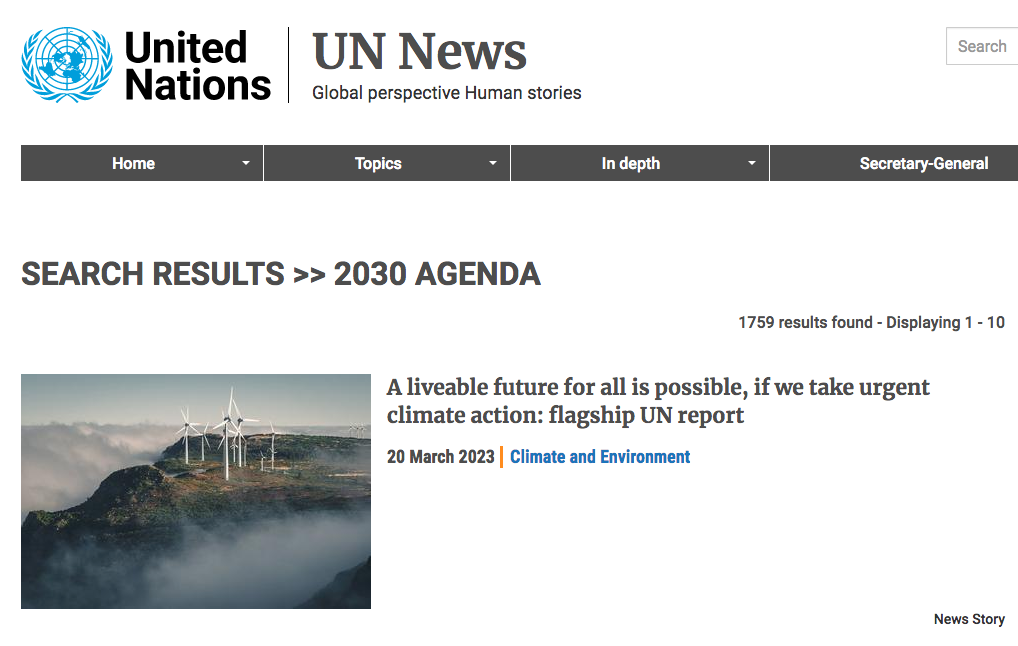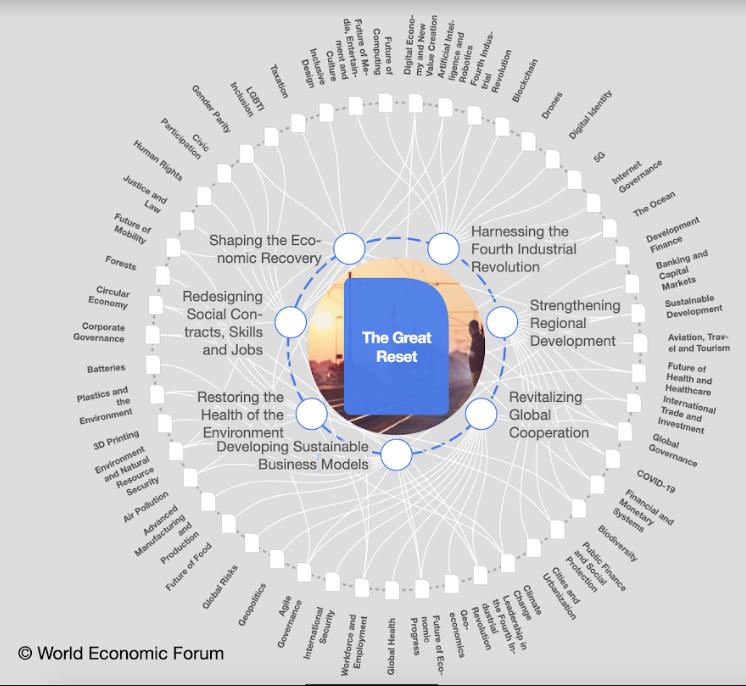South San Francisco, CA March 20, 2023
We continue to receive feedback from residents asking about changes in our City that are done without resident input or voting on specific issues. (bulb-out corners, speed humps, reduced parking, etc) This item is coming before our City Council and is one of many ideas that neighbors would like to be informed about as it is being rolled out under the guidance of Smart Growth America and Complete Streets Leadership Academy.
While most residents believe the local voters have the greatest say in how our City/County/State/Country is run, it’s important to recognize the world leader’s impact on our daily lives via the multiple NGOs (non-government agencies) created. Below is information for those interested, with many links to meet our readers where they are in their understanding of current events.
LOCALLY
A PUBLIC HEARING will be held on this item at our Council meeting this Wednesday evening, March 22nd, at the MSB Council Chambers. More information can be found CLICK HERE. The specific item reads: ‘Report regarding a resolution authorizing the acceptance of $15,000 in grant funding from Smart Growth America to support the City’s participation in the Complete Streets Leadership Academy with Caltrans. (Christopher Espiritu, Senior Transportation Planner)
Here is some background on the many different NGO agencies helping to direct the future of our City, and our world.
SMART GROWTH AMERICA

Smart Growth America empowers communities through technical assistance, advocacy and thought leadership to create livable places, healthy people, and shared prosperity. We work with elected officials at all levels, real estate developers, chambers of commerce, transportation and urban planning professionals, and residents to improve everyday life for people across the country through better development.
From their website:
“We envision a country where no matter where you live, or who you are, you can enjoy living in a place that is healthy, prosperous, and resilient.”
Neighborhoods shape our lives. Where we live can influence our health, our economic potential, and our children’s futures. Everyone in America—no matter their age, ability, income, or race—deserves the option to live somewhere affordable, convenient, beautiful, and safe.
Smart growth means reinvesting in America’s downtowns and main streets, the economic engines of big cities and rural towns alike. Smart growth means creating homes for families of all income levels alongside one another in locations where daily needs are close by. Smart growth means diversifying our transportation system so Americans have a choice in how they get around. Smart growth means building streets that are safe for people walking, bicycling or using any sort of assistive device, as well as driving. Smart growth means protecting our open green spaces for generations to come.
Above all, it’s about helping every town and city become a more economically prosperous, socially equitable, and environmentally sustainable place to live, helping everyone flourish.
Also of interest is the 15-MINUTE CITIES which reimagines land use in Cities, changing from the suburbs to urban areas, including South San Francisco.
COMPLETE STREETS

Complete Streets are streets designed and operated to enable safe use and support mobility for all users. Those include people of all ages and abilities, regardless of whether they are travelling as drivers, pedestrians, bicyclists, or public transportation riders.
From the CA Department of Transportation website:
Complete Streets
Please visit https://highways.dot.gov/complete-streets for information on Federal Highway Administration activities to advance Complete Streets.
Complete Streets are streets designed and operated to enable safe use and support mobility for all users. Those include people of all ages and abilities, regardless of whether they are travelling as drivers, pedestrians, bicyclists, or public transportation riders. The concept of Complete Streets encompasses many approaches to planning, designing, and operating roadways and rights of way with all users in mind to make the transportation network safer and more efficient. Complete Street policies are set at the state, regional, and local levels and are frequently supported by roadway design guidelines.
Complete Streets approaches vary based on community context. They may address a wide range of elements, such as sidewalks, bicycle lanes, bus lanes, public transportation stops, crossing opportunities, median islands, accessible pedestrian signals, curb extensions, modified vehicle travel lanes, streetscape, and landscape treatments. Complete Streets reduce motor vehicle-related crashes and pedestrian risk, as well as bicyclist risk when well-designed bicycle-specific infrastructure is included (Reynolds, 2009). They can promote walking and bicycling by providing safer places to achieve physical activity through transportation. One study found that 43% of people reporting a place to walk were significantly more likely to meet current recommendations for regular physical activity than were those reporting no place to walk (Powell, Martin, Chowdhury, 2003).
United Nations: 17 Goals to Transform Our World

This trend of sustainability comes from the United Nations on the world stage, filtered down with the intent to implement these 17 key goals in every City. To read more CLICK HERE.
The Sustainable Development Goals are a call for action by all countries – poor, rich and middle-income – to promote prosperity while protecting the planet. They recognize that ending poverty must go hand-in-hand with strategies that build economic growth and address a range of social needs including education, health, social protection, and job opportunities, while tackling climate change and environmental protection. More important than ever, the goals provide a critical framework for COVID-19 recovery.
Many folks may have heard the buzzword ‘Agenda 2030’ which is a timetable set forth by the United Nations to reach specific goals – more can be read CLICK HERE
World Economic Forum

In addition, many have heard about the GREAT RESET and the World Economic Forum which drives most of our local mandates. The WEF was founded in 1992 and has taken great strides since Covid19 Pandemic and subsequent shutdowns across the world. The stakeholders, consisting of high-ranking officials and business leaders led by Chairman Klaus Schwab, meet annually at Davos to seek additional ways to continue their agenda worldwide. The meeting at Davos in 2019 included Live Simulation Exercise to Prepare Public and Private Leaders for Pandemic Response, which predated the COVID-19 pandemic and was led by the Bill and Melinda Gates Foundation and Johns Hopkins Center for Health Security. The annual meetings produce interesting outcomes that more people should be aware of as we see changes in our daily life, in our global world.
Because their decisions trickle down to the outcomes that impact us all, it is good to obtain an overview to get a better understanding as it affects every aspect of our lives, as shown in their diagram below. CLICK HERE for more information

Do some people really not like bulb-out corners???
no. stupid waste of money. pointless.
smells like new age communism to me. damm globalist . has nothing to do with climate.
covid-19 was just a test run to see if they can control you. take time and read
the wheel of nonsense. these people have an agenda and now is there shot.
sure (transform) alright. into what I don’t know .
My apologies in advance to Smart Growth America should I be incorrect about their intent regarding South San Francisco. As our city has been visited countless times by mercenaries who don’t live in our city but are anxious to exploit it, I tend to be cautious when anyone comes knocking at our door. While $15,000 in grant funding might seem generous to some, to me it makes SSF appear to be a “cheap date.” Especially, since this is likely not a gift but a payment to buy influence over the future of our community. We’ve seen these gestures before, usually far more generous, and they all come with “strings attached.” So, count me as one resident who says thanks but no thanks. Besides, save your money as SSF city officials have pretty much sold all future influence over our city to the biotech/life science industries.